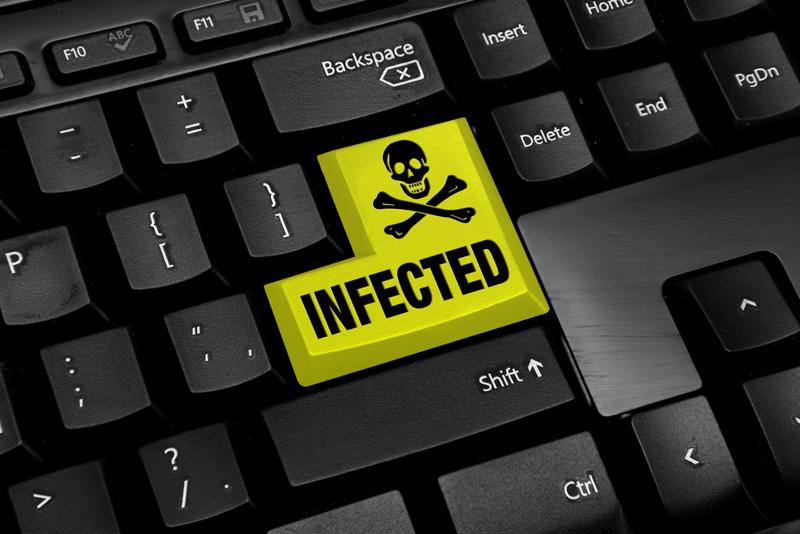When you're in the logistics industry, you likely handle a large amount of data — both internally and from dealing with your supply chain partners — on a daily basis. You can't afford to let that information be compromised, and you likewise cannot lose access to it. The latter issue, in particular, is why ransomware is such a big problem in the supply chain; if hackers can lock you out of your own systems, it's a problem not just for you, but also your partners and your customers or clients.
What can you do to prevent such an attack? The following tips should help:
1) Back up everything regularly
Ransomware works by denying you access to information on your systems, so the best way to avoid that risk is by backing up all vital data consistently, according to Tripwire. That doesn't have to happen every day, but at least one backup per week is critical to ensuring you don't miss a step — or at least can quickly pivot — if ransomware infects your networks.
2) Look at the file extensions for everything you download
Often, ransomware and other malicious programs will come to your network in the form of a file attached to an email or as something automatically downloaded from a bogus website, Tripwire said. Before opening literally any file, a quick check of its extension (such as .exe or .dmg) could help you determine whether it's what it claims to be. Often, such software is designed to look like an image or audio file, but is actually an executable program.

3) Train your staff on how to handle potential phishing scams
Much like you as a manager need to be more aware of these risks, so do your employees (and partners, though you obviously have less control over what they do), according to Norton. Training your workers to spot these risks, report them and adequately respond to them in real time is vital to preventing infection.
4) Invest in the best antivirus and firewall software
Despite the fact that you may take plenty of reasonable precautions with your workforce, even the best-trained employees in the world may occasionally miss a potential infection threat, Norton advised. Having proper antivirus and firewall software in place provides a solid safety net, because it can easily catch the possible risk and handle it as necessary.
5) Don't plug in USBs you receive
In the world of business, you may often receive USB drives or small gadgets powered by USB that you could, theoretically, plug into your devices, according to Kaspersky. You shouldn't actually do it, though. Simply put, you never know what's on a USB device, and plugging one into your computer may put your network at considerable risk.
6) Keep all software updated
Finally, because so many programs connect to the web these days, they may have security flaws that hackers can exploit in a ransomware attack, Kaspersky noted. Developers routinely patch these vulnerabilities, but you don't get the benefit of the improvements if you're not diligent about downloading the latest updates as soon as they're released.



Post A Comment:
0 comments so far,add yours